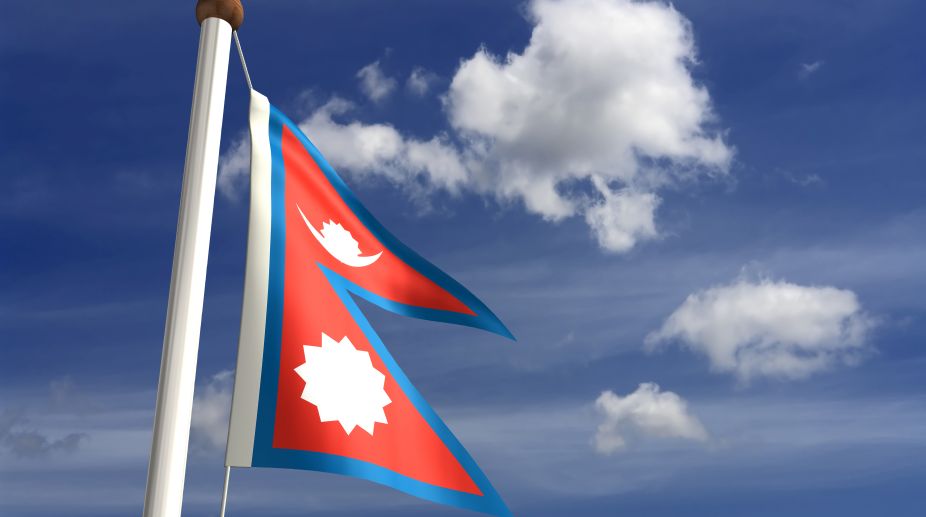Close to three years after the earthquake devastated Nepal, stability of governance has somehow been a scarce commodity in the Himalayan country. The significance of this week’s parliamentary and provincial elections can, therefore, be contextualised with the chronic crisis of governance, necessitating a frequent change of guard in Kathmandu.
There are at least two striking features of the outcome. The first is the very obvious landslide victory of the main Communist Party and the Maoists… in parallel with the virtual decimation of the Nepali Congress which has won barely 21 seats in the 275-member parliament. The Opposition has been reduced to irrelevance in the new legislative construct; a brute majority in any democracy can have a deleterious impact on governance. The other is that the election, at least theoretically, concludes the prolonged transition from monarchy to democracy and civil war in which more than 17,000 people had perished.
Advertisement
The second major tragedy was the earthquake in April 2015 in which more than 9,000 people were killed, not to forget the friction between Nepal in league with China on the one hand and India at another remove. A huge responsibility, therefore, devolves on KP Oli, who as Prime Minister had sought to steer Nepal in the aftermath of the earthquake and is set to helm the country once again very shortly. Markedly, he has been elected despite his overall failure in his first stint. He will above all be expected to impart a measure of stability in the governance of a fractious land, which has known ten Prime Ministers in the decade since 2006.
Given the massive mandate, he is theoretically in a position to form a government which lasts a full five-year term, an achievement that no Prime Minister can claim ever since parliamentary democracy was established. Nepal compares poorly with Bhutan which switched over to a constitutional monarchy only in 2007. Mr Oli is generally expected to helm a stable government not least because he has been able to win over the Maoists as allies. And on that stability will hinge the economic imperatives of development and foreign investment. Instability has impeded investors, curbed growth, encouraged corruption and slowed down reconstruction after the earthquake.
Nepal is a natural buffer between China and India, with the ruling Nepali Congress party considered pro-India and the left alliance distinctly closer to China. Mr Oli will have to be suitably pragmatic in order to effect a geopolitical balance. Not wholly unrelated is sub-regional jingoism, an issue that is as emotive as it can be disruptive… like the blockade on the India-Nepal border two years ago. Mr Oli has no option but to consider sympathetically the demands of the Madhesis, not least because they are residents of the area that is contiguous to India. Chief among these are a separate province and certain constitutional guarantees. The Communists have won a famous victory; now some good must come of it.











